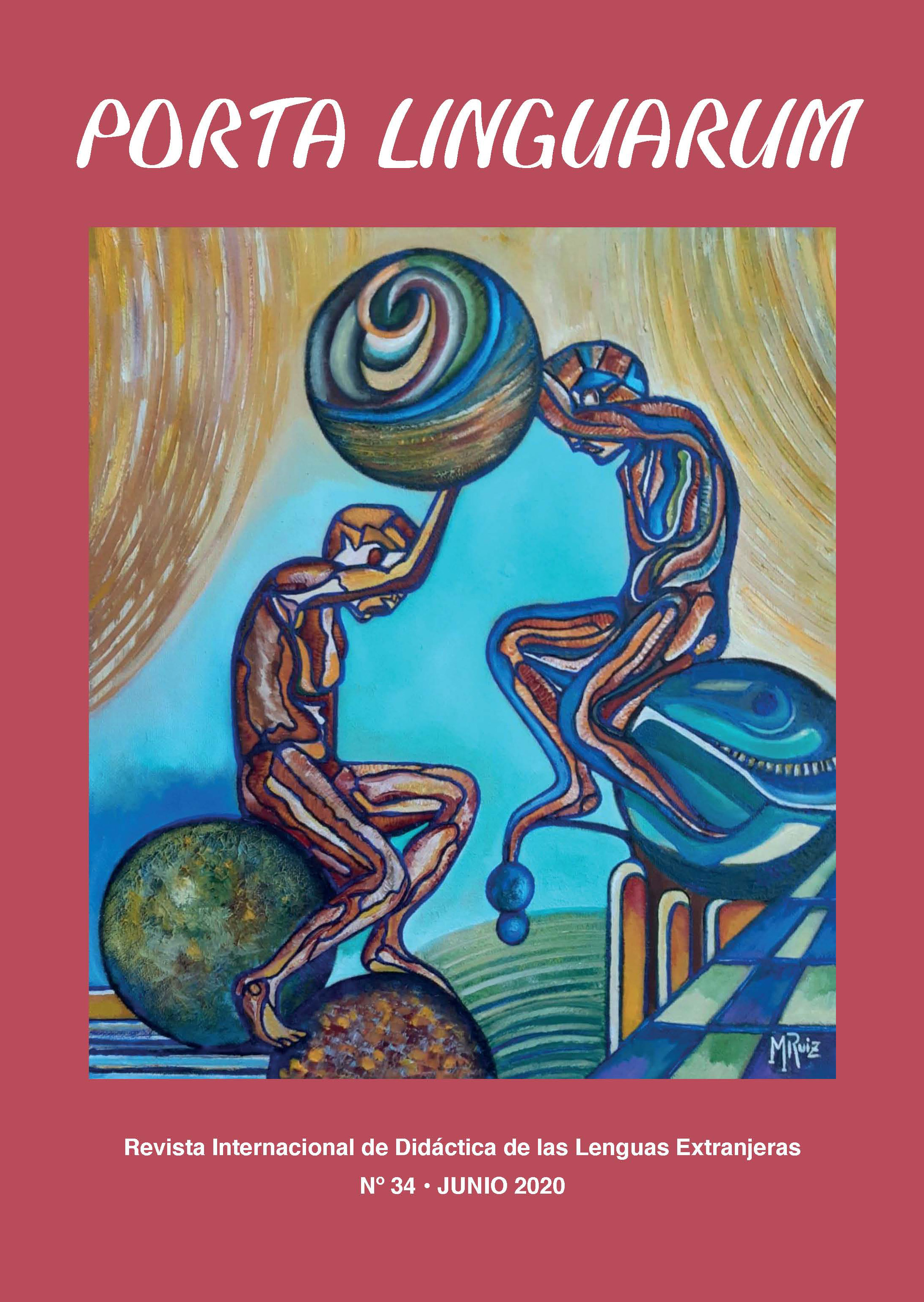El español de mujeres inmigradas en contextos de aprendizaje informales y no reglados
DOI:
https://doi.org/10.30827/portalin.vi34.16738Keywords:
Spanish second language, communicative competence, unregulated education, writing, immigrationAbstract
The acquisition of Spanish as a second language is a long-standing issue, especially since the migratory flows transformed the classrooms of our schools. The multicultural scenario that was put forward in front of the teaching staff, until then used to homogeneous groups in terms of language, made learning Spanish as the host language the guarantee, not only of academic success but also of achieving interculturality and social integration. However, many times we have forgotten the essentiality that this issue also acquired among the adult population – specially the women-, that which was not schooled, often illiterate in their own language, and that was acquiring Spanish in unregulated and informal contexts, most of the time marked by the need for survival and personal initiatives. This area is what will interest us in this contribution, in which we carried aut a case study on the communicative competence of two informants with this profile, through the life story and the focussed interview. We will analyze from a qualitative point of view how this autonomous and spontaneous learning of the target language arises and what features define it both in writing and the oral modality.



















